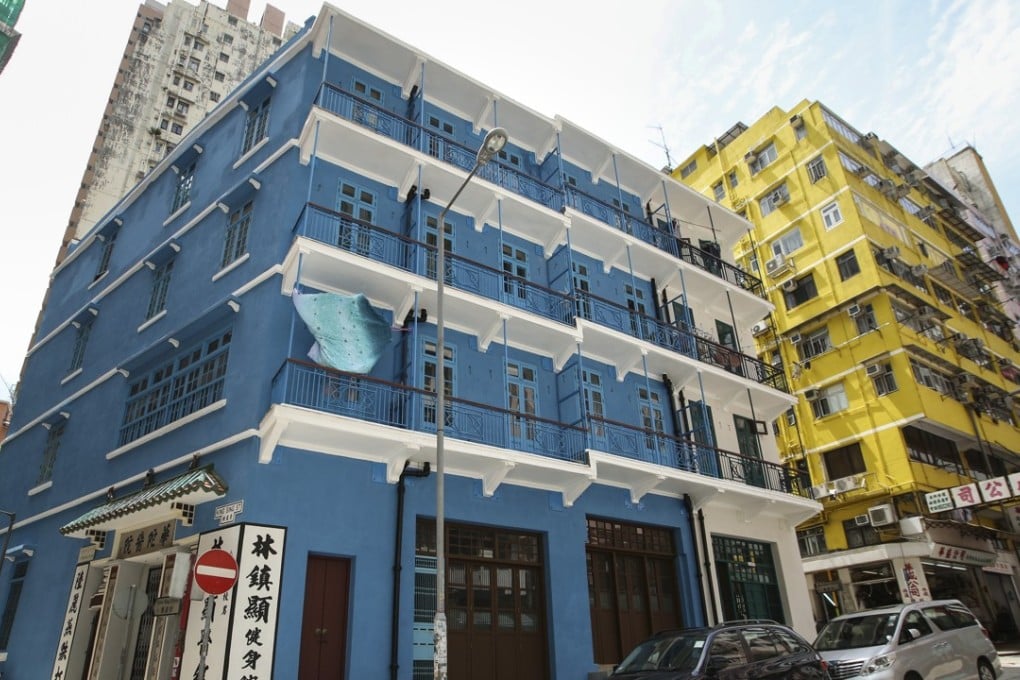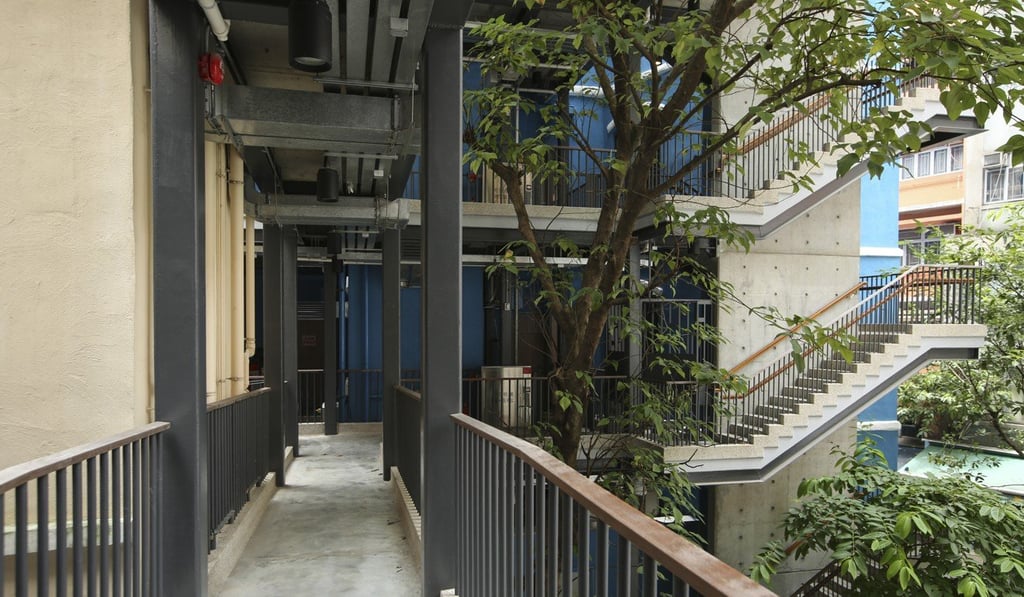Hong Kong’s historic Blue House wins Unesco’s highest heritage conservation award
Judges impressed by ‘truly inclusive approach to urban conservation’ at cluster of 20th century shophouse blocks, once threatened with demolition

A cluster of historic tenement buildings revamped into a modern residential and community complex in Hong Kong has won a prestigious international award for heritage conservation.
The Blue House cluster – three 20th century shophouse blocks in Wan Chai – was given the Award of Excellence, the highest level in four categories, in this year’s Unesco Asia-Pacific Awards for Cultural Heritage Conservation.
It is the first time Hong Kong has received the highest level of achievement from Unesco, but 17 other projects in the city have also been given honourable mentions or merit prizes since the awards began in 2000.
Hong Kong couple downsize to historic Blue House building – but are now much happier
Sixteen projects from six countries in Asia were selected as winners from 43 submissions.
An international panel of conservation experts was impressed by the government-funded project’s “truly inclusive approach to urban conservation”.
“This unprecedented civic effort to protect marginalised local heritage in one of the world’s most high-pressure real estate markets is an inspiration for other embattled urban districts in the region and beyond,” the jury wrote in a citation.

The Blue House cluster, which was named after the main building’s distinctive colour, once faced demolition and wholesale redevelopment, but was saved after its original tenants, social workers and conservationists campaigned to preserve the building.